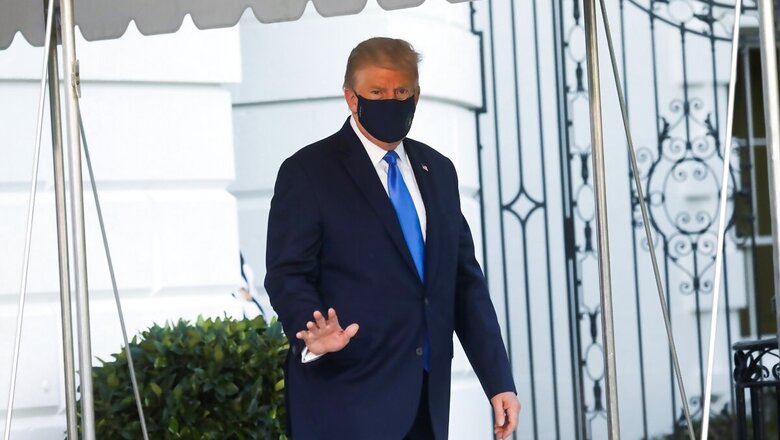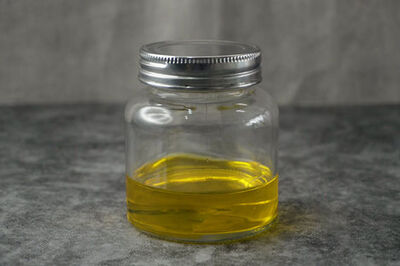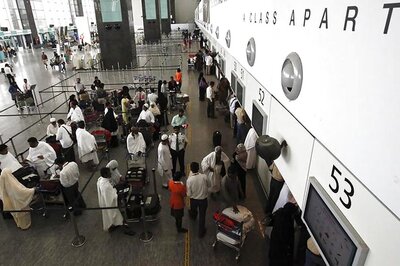
views
President Donald Trump’s health status was unclear midday Monday as the drama around his treatment and the coronavirus’s toll on the White House continued to mount after he was admitted Friday to Walter Reed National Military Medical Center.
Trump is eager to leave the hospital as soon as Monday, and preliminary discussions were underway about whether he would do that before Vice President Mike Pence departs for Utah before Wednesday night’s vice presidential debate.
In the morning, the White House shuttled reporters to Walter Reed, where a briefing lectern had been placed, raising speculation about another update from Trump’s medical team. But as of the early afternoon, the White House had not indicated when another briefing might come, and the lectern remained covered with a garbage bag.
Amid questions about whether Trump could relocate to the White House without endangering himself and others came a reminder that the virus may still be spreading through the West Wing and beyond. Trump’s press secretary, Kayleigh McEnany, announced that she, too, had tested positive for the virus and would be quarantining. McEnany, who said she had previously tested negative several times, spoke briefly to reporters outside the White House on Sunday. She did not wear a mask.
Two more members of the press team, Karoline Leavitt and Chad Gilmartin, who is McEnany’s relative, also tested positive but learned about their diagnoses before McEnany, according to two people familiar with the diagnoses.
After Wednesday night’s debate, Pence plans to attend campaign events in Arizona and Florida later this week before stopping in his home state of Indiana to vote early.
Trump pushed to be discharged earlier Sunday, according to people familiar with the events, motivated to leave out of a desire to show the country and the world that he is functional and not bedridden by a virus.
But Trump’s doctors Sunday did not favor him leaving the hospital to return to the White House. Instead, a decision was made to allow Trump to be driven slowly by crowds of supporters across the street from the hospital so he could be seen.
Health experts have said the decision was highly unusual for a patient with an infectious illness who is being treated with a therapeutic drug that is administered intravenously.
In an interview on “Fox & Friends” on Monday morning, the president’s chief of staff, Mark Meadows, said a decision had not been made yet about whether Trump could be discharged Monday.
“The doctors will actually have an evaluation sometime late morning,” Meadows said. “And then the president, in consultation with the doctors, will make a decision on whether to discharge him later today.”
Based on his doctors’ accounts Sunday, Trump’s symptoms appear to have rapidly progressed since he announced early Friday that he had tested positive for the coronavirus.
Trump had a “high fever” Friday, and his blood oxygen levels dropped on two occasions, his doctors said, including to a level that can indicate that a patient’s lungs are compromised, a symptom seen in many patients with severe COVID-19.
His doctors said he is also undergoing a five-day antiviral treatment regimen for COVID-19 and that he had been prescribed dexamethasone, a steroid used to head off an immune system overreaction that kills many COVID-19 patients. This is also generally reserved for those with severe illness.
Maggie Haberman and Eileen [email protected] The New York Times Company


















Comments
0 comment